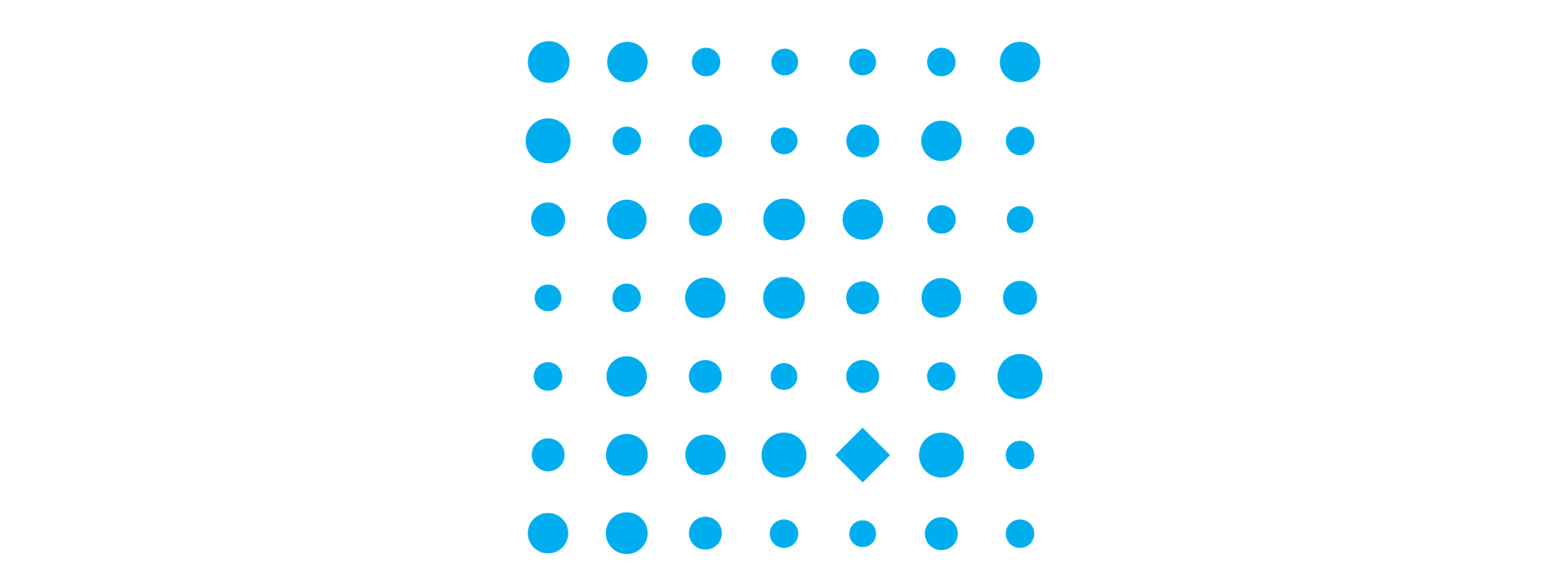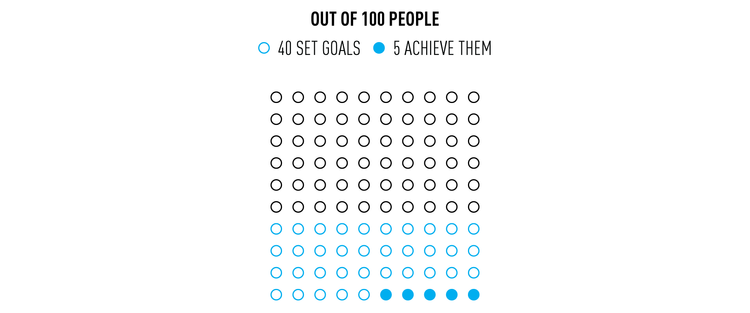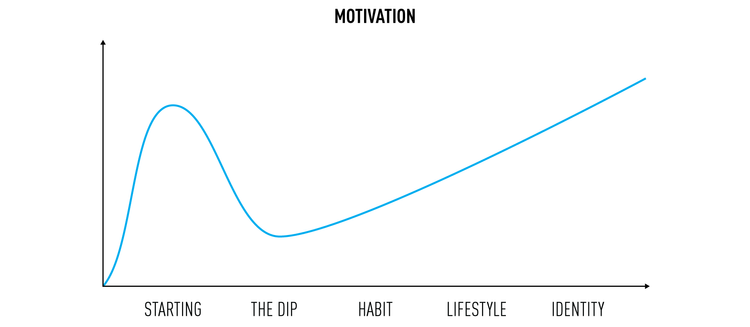Different Is Better Than Better

The secret to business, marketing, innovation, and personal growth is being different. The easiest way to stand out is not by beating the competition, but by sidestepping competitors altogether.
In business, this concept is often called The Blue Ocean Strategy (named after the book by the same title). In marketing, it's mirrored in The Law of Category (from The 22 Immutable Laws of Marketing). Here's a powerful excerpt from the latter:
What’s the name of the third person to fly the Atlantic Ocean solo?
If you didn’t know that Bert Hinkler was the second person to fly the Atlantic, you might figure you had no chance at all to know the name of the third person. But you do. It’s Amelia Earhart.
Now, is Amelia known as the third person to fly the Atlantic Ocean solo, or as the first woman to do so?
The Problem With "Better"
Oftentimes, you cannot stand out or attract customers by being marginally better. Consider USB cables. There's only been a handful of iterations of USB cables, from USB 1.0 to now USB4, despite them existing for decades. The reason is that it wouldn't be enough to be marginally faster. People and businesses wouldn't care to switch if that were the case. Instead, each version of the USB is between two and ten times faster than the previous. This is the type of improvement that is required to steal customers.
Human bias
Humans are heavily influenced by the familiarity heuristic. This is the basic tendency of people to prefer things that are familiar to them. Change aversion is the other side of the same coin. Generally speaking, people strongly resist change.
Transition costs
There are often logistical, infrastructural and monetary obstacles associated with change. Switching from one thing to another often requires new systems. This can be be costly and time consuming.
Race to the bottom
If a business competes on price, they'll lose to larger companies who benefit from economies of scale. But even if they can compete, it is a race to the bottom. The competitors will continually lower their prices, over and over, until profits completely dry up. Alternatively, they'll compromise the quality of their products by choosing cheaper suppliers, worse material, and inferior working conditions.
Easily differentiated product
In marketing and business, there's a concept called UVP - unique value proposition. It is a term designed to get people to focus on what is unique, rather than focusing on what is simply better.
The Mona Lisa Principle
The reason why millions of people go to see the Mona Lisa painting every year is not because it is the "best" nor because the Louvre museum is the cheapest. It does so because it is a one of a kind. It's different. It's unique. If someone were to recreate the painting in more detail, using high quality fresh paint, and an expensive frame, it still wouldn't draw nearly as many visitors. It's not about the detail or quality per se, but about scarcity and history. The Mona Lisa has no competitors, because it's an original.
Niching down
Mainstream success requires appealing to the lowest common denominators. These denominators are, by definition, common, and therefore competitive. It's nearly impossible to be a differentiated product in these domains. Instead, you should focus on a niche. Niches are often untapped markets, and have room for personality and unique value propositions. These are domains of little to no competition.
Mainstream vs. Cult
McDonalds is one of the most successful chains of all time, but is it anyone a diehard fan of them? Probably yes, due to their size, but generally, no. The reason is that in order to scale internationally, they need to be standardized and appeal to the general public. 3-star Michelin restaurants however, intimately depend on specific relationships with suppliers, customers and chefs at a particular area - making it impossible to recreate their business at scale. The benefit of their uniqueness, are true fans. As Kevin Kelly points out in his book, you don't need mainstream appeal to be successful, you just need 1000 true fans.
The Power Of Combinatorics
Lots of people have run a marathon. Lots of people have been to Antarctica. But very few have run a marathon on Antarctica. Likewise, being a top 1% business in one area is hard. But being top 10% in two different domains and combining them may be more manageable. In any given field, seriously consider whether you want to compete with everyone else, or if you want to combine that field with something else in a new and unique way.
Creativity
Creativity is a complex concept. One definition of creativity is the act of combining two different things in a new way. In fact, many creatives use random input as inspiration, and combine them with their artform, to generate new creative ideas. For example, as an exercise, creators look through the dictionary for a random word, then brainstorm content ideas based on that word. MrBeast famously does this.
Innovation
Research on technological innovation shows that increasingly, the most impactful patents are not authored by individuals who drill deeper, deeper and deeper into one area of technology, but rather by teams that include individuals who have worked across a large number of different fields, and often merged things from different domains.
Being first
The advantage of being first is that no-one can take that away from you, ever. Even if people follow in your footsteps, you'll have created a legacy. In business, it's also advantageous being first because you'll have a head start and authority in the newly created domain.
Sidestepping competition
Magnus Carlsen may be the greatest chess players of all time. But also, interestingly, he plays the most opening novelties of any champion ever. Despite having great memory, he likes to play openings that have never been played before. The idea is that by playing such openings, he can sidestep his competitors preparation, rather than facing someone who simply recites opening theory from memory. The advantage of being first is that you'll never compete against anyone else's preparation, systems or infrastructure.
Be different
In many domains, having a unique personality, being first, and innovating, is better than merely being better. Be different.





